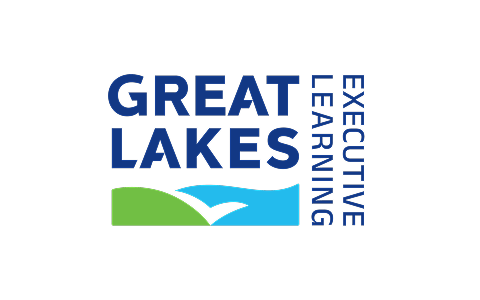Earn a certificate & get recognized
Understanding Personal Finance
Elevate your financial literacy! Join our free online course on budgeting, investing, and money management. Enrol for essential life skills now!
Understanding Personal Finance
3K+ learners enrolled so far
Stand out with an industry-recognized certificate
10,000+ certificates claimed, get yours today!
Get noticed by top recruiters
Share on professional channels
Globally recognised
Land your dream job

Skills you will gain
"Overview of Finance
Introduction to Personal Finance
Financial Statements
Time Value of Money
Budgeting and Financial Planning
Fundamentals of Savings and Investment Basics
Stock Market and Investing
Managing Personal Finance
+3 More
Key Highlights
Get free course content
Master in-demand skills & tools
Test your skills with quizzes
About this course
Embark on a journey to financial empowerment with our complimentary course, Understanding Personal Finance. Begin by exploring the foundational principles in the Introduction to Personal Finance, gaining insights that lay the groundwork for financial literacy. Navigate through the intricacies of financial documents in the Understanding the Financial Statement module, acquiring the skills to decode complex financial information.
Develop practical financial habits and set achievable goals through Budgeting and Financial Planning, ensuring a roadmap to financial stability. Demystify the world of taxes in the Fundamentals of Taxation, making informed decisions to optimize your financial position. This course serves as your compass in the realm of personal finance, providing invaluable knowledge to guide you towards financial resilience and success.
Course outline
Introduction to Personal Finance
This module provides an overview of finance, including personal finance definition, savings vs. investments, insurance fundamentals, and debt management with reduction strategies.
Understanding the Financial Statement
In this module, you will learn about financial statements, assets, liabilities, balance sheets, income statements, cash flow statements, and tools for financial statement analysis.
Budgeting and Financial Planning
This module covers crucial topics, including budgeting, the time value of money, present and future value concepts, personal budgeting, the significance of financial budgets, and financial goal setting, along with planning for major life events.
Fundamentals of Taxation
This module centers on income tax key terminologies, including assessment year, previous year, financial year, assessee, and person, as well as the differentiation between types of taxes such as direct tax and indirect tax.
Get access to the complete curriculum once you enroll in the course
Stand out with an industry-recognized certificate
10,000+ certificates claimed, get yours today!
Get noticed by top recruiters
Share on professional channels
Globally recognised
Land your dream job

Understanding Personal Finance

3.0 Hours
Beginner
3K+ learners enrolled so far
Get free course content
Master in-demand skills & tools
Test your skills with quizzes
Learner reviews of the Free Courses

5.0

5.0
Frequently Asked Questions
Will I receive a certificate upon completing this free course?
Is this course free?
What are the prerequisites required to learn this Free Understanding Personal Finance Course?
You do not need any prior knowledge to learn this Understanding Personal Finance Course.
How long does it take to complete this Free Understanding Personal Finance Course?
It is a 1.0 hour long course, but it is self-paced. Once you enrol, you can take your own time to complete the course.
Will I have lifetime access to the free course?
Yes, once you enrol in the course, you will have lifetime access to any of the Great Learning Academy’s free courses. You can log in and learn whenever you want to.
Will I get a certificate after completing this Free Understanding Personal Finance Course?
Yes, you will get a certificate of completion after completing all the modules and cracking the assessment.
How much does this Understanding Personal Finance Course cost?
It is an entirely free course from Great Learning Academy.
Is there any limit on how many times I can take this free course?
No. There is no limit. Once you enrol in the Free Understanding Personal Finance Course, you have lifetime access to it. So, you can log in anytime and learn it for free online.
Who is eligible to take this Free Understanding Personal Finance Course?
You do not need any prerequisites to learn the course, so enrol today and learn it for free online.
Become a Skilled Professional with Pro Courses
Gain work-ready skills with guided projects, top faculty and AI tools, all at an affordable price.

View Course

Included with Pro+ Subscription


View Course

Included with Pro+ Subscription
.jpg)
View Course

Included with Pro+ Subscription


View Course

Included with Pro+ Subscription

View Course

Included with Pro+ Subscription

View Course

Included with Pro+ Subscription
 (1).jpg)
View Course

Included with Pro+ Subscription

View Course

Included with Pro+ Subscription


View Course

Included with Pro+ Subscription


View Course

Included with Pro+ Subscription


View Course

Included with Pro+ Subscription


View Course

Included with Pro+ Subscription


View Course

Included with Pro+ Subscription


.png)
View Course

Included with Pro+ Subscription

View Course

Included with Pro+ Subscription

View Course

Included with Pro+ Subscription

View Course

Included with Pro+ Subscription

View Course

Included with Pro+ Subscription
.png)
View Course

Included with Pro+ Subscription
.png)
View Course

Included with Pro+ Subscription
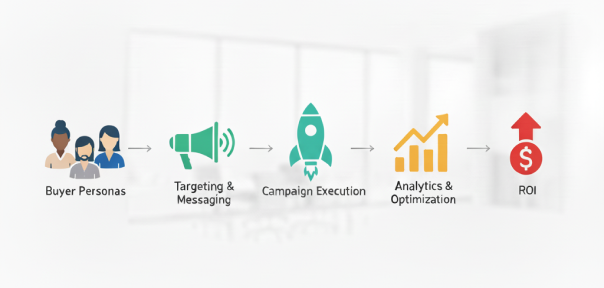
View Course

Included with Pro+ Subscription
.png)
View Course

Included with Pro+ Subscription
.jpg)
View Course

Included with Pro+ Subscription
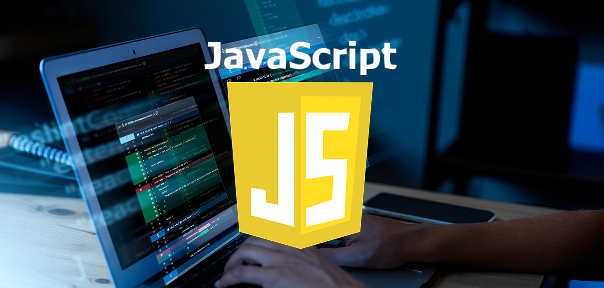
View Course

Included with Pro+ Subscription

View Course

Included with Pro+ Subscription
.png)
View Course

Included with Pro+ Subscription

View Course

Included with Pro+ Subscription

View Course

Included with Pro+ Subscription

View Course

Included with Pro+ Subscription

View Course

Included with Pro+ Subscription


View Course

Included with Pro+ Subscription
.png)
View Course

Included with Pro+ Subscription

View Course

Included with Pro+ Subscription

View Course

Included with Pro+ Subscription
.png)
View Course

Included with Pro+ Subscription
.png)
View Course

Included with Pro+ Subscription


View Course

Included with Pro+ Subscription



View Course

Included with Pro+ Subscription

View Course

Included with Pro+ Subscription
.jpg)
View Course

Included with Pro+ Subscription

View Course

Included with Pro+ Subscription

View Course

Included with Pro+ Subscription



.png)
View Course

Included with Pro+ Subscription


View Course

Included with Pro+ Subscription


View Course

Included with Pro+ Subscription


View Course

Included with Pro+ Subscription
.png)

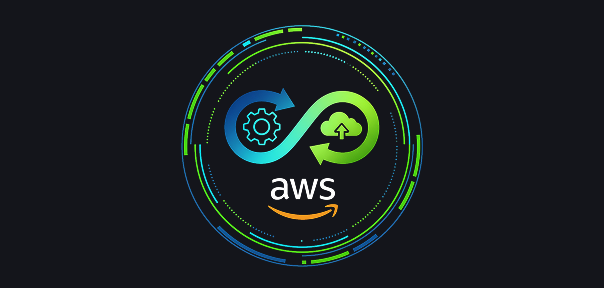
View Course

Included with Pro+ Subscription


View Course

Included with Pro+ Subscription

View Course

Included with Pro+ Subscription

View Course

Included with Pro+ Subscription

View Course

Included with Pro+ Subscription


View Course

Included with Pro+ Subscription
.png)
View Course

Included with Pro+ Subscription

View Course

Included with Pro+ Subscription
Popular

View Course

Included with Pro+ Subscription


View Course

Included with Pro+ Subscription
.jpg)
View Course

Included with Pro+ Subscription


View Course

Included with Pro+ Subscription

View Course

Included with Pro+ Subscription

View Course

Included with Pro+ Subscription
 (1).jpg)
View Course

Included with Pro+ Subscription

View Course

Included with Pro+ Subscription
Microsoft Courses


View Course

Included with Pro+ Subscription


View Course

Included with Pro+ Subscription


View Course

Included with Pro+ Subscription


View Course

Included with Pro+ Subscription


View Course

Included with Pro+ Subscription


Management
.png)
View Course

Included with Pro+ Subscription

View Course

Included with Pro+ Subscription

View Course

Included with Pro+ Subscription

View Course

Included with Pro+ Subscription

View Course

Included with Pro+ Subscription
.png)
View Course

Included with Pro+ Subscription
.png)
View Course

Included with Pro+ Subscription

View Course

Included with Pro+ Subscription
.png)
View Course

Included with Pro+ Subscription
.png)
View Course

Included with Pro+ Subscription
.jpg)
View Course

Included with Pro+ Subscription
.jpg)
View Course

Included with Pro+ Subscription
.jpeg)
View Course

Included with Pro+ Subscription
.jpg)
View Course

Included with Pro+ Subscription
.png)
View Course

Included with Pro+ Subscription
 (1).jpg)
View Course

Included with Pro+ Subscription
IT & Software
.jpg)
View Course

Included with Pro+ Subscription

View Course

Included with Pro+ Subscription

View Course

Included with Pro+ Subscription
.png)
View Course

Included with Pro+ Subscription

View Course

Included with Pro+ Subscription

View Course

Included with Pro+ Subscription

View Course

Included with Pro+ Subscription

View Course

Included with Pro+ Subscription


View Course

Included with Pro+ Subscription
 (1).png)
View Course

Included with Pro+ Subscription


View Course

Included with Pro+ Subscription

View Course

Included with Pro+ Subscription


View Course

Included with Pro+ Subscription
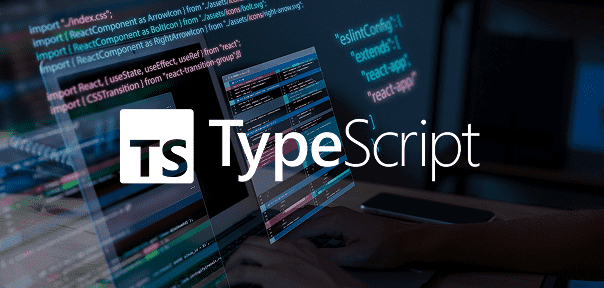
View Course

Included with Pro+ Subscription
.png)
View Course

Included with Pro+ Subscription
.png)
View Course

Included with Pro+ Subscription

View Course

Included with Pro+ Subscription

View Course

Included with Pro+ Subscription

View Course

Included with Pro+ Subscription

View Course

Included with Pro+ Subscription

View Course

Included with Pro+ Subscription
Cyber Security
.png)
View Course

Included with Pro+ Subscription

View Course

Included with Pro+ Subscription

View Course

Included with Pro+ Subscription
.png)
View Course

Included with Pro+ Subscription
.png)
View Course

Included with Pro+ Subscription
AI & Generative AI


View Course

Included with Pro+ Subscription



View Course

Included with Pro+ Subscription

View Course

Included with Pro+ Subscription
.jpg)
View Course

Included with Pro+ Subscription

View Course

Included with Pro+ Subscription

View Course

Included with Pro+ Subscription
Cloud Computing



.png)
View Course

Included with Pro+ Subscription


View Course

Included with Pro+ Subscription


View Course

Included with Pro+ Subscription


View Course

Included with Pro+ Subscription
.png)


View Course

Included with Pro+ Subscription


View Course

Included with Pro+ Subscription
.png)

View Course

Included with Pro+ Subscription
.jpg)

.jpg)

.png)

View Course

Included with Pro+ Subscription


Data Science & ML

View Course

Included with Pro+ Subscription

View Course

Included with Pro+ Subscription

View Course

Included with Pro+ Subscription


View Course

Included with Pro+ Subscription
.png)
View Course

Included with Pro+ Subscription

View Course

Included with Pro+ Subscription
Subscribe to Academy Pro+ & get exclusive features
$25/month
No credit card required

Learn from 40+ Pro courses
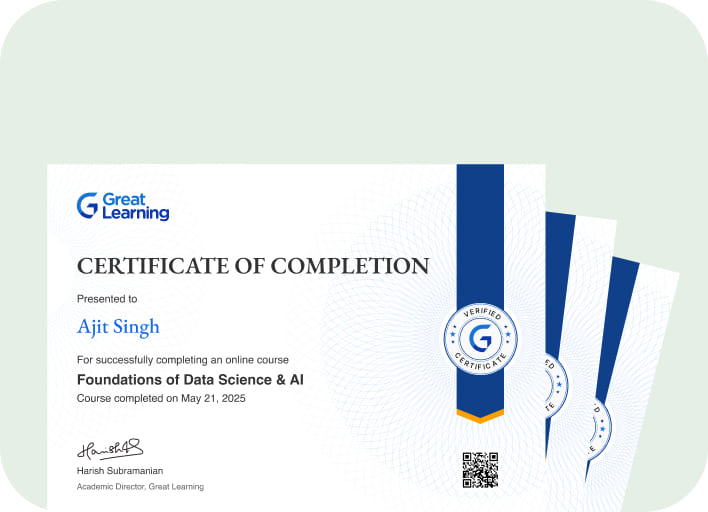
Access 500+ certificates for free
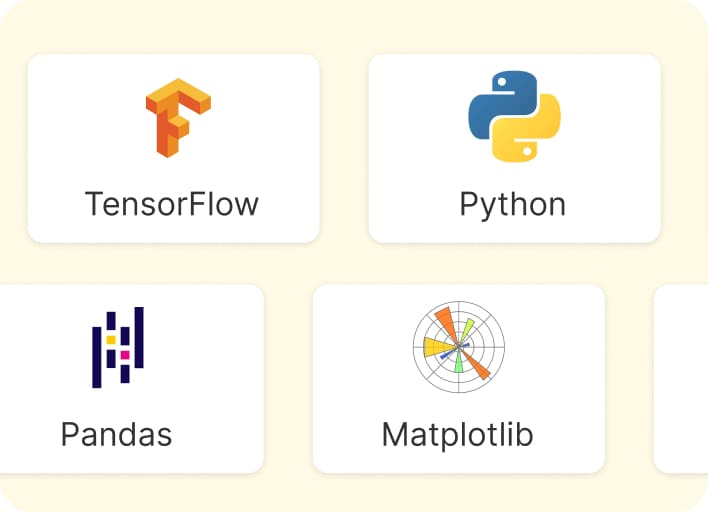
700+ Practice exercises & guided projects

Prep with AI mock interviews & resume builder
Recommended Free Management courses




Similar courses you might like





Related Management Courses
-
Programs starting at ₹5,000 per month
Placement assistance
Personalized mentorship
Detailed curriculum
Learn from world-class faculties
50% Average salary hike -
Sponsored


Great Lakes Institute of Management
Post Graduate Diploma in Management (Online)24 Months · Online
Online MBA EquivalentKnow More
-


Walsh College
Doctor of Business Administration in General Management3 Years · Online
Top 10 best online DBA DegreeKnow More
-


Great Lakes Executive Learning
Executive PG Program in Management12 months · Online
Certificate from Great LakesKnow More
Relevant Career Paths >
Understanding Personal Finance
Understanding personal finance is crucial for achieving financial stability and securing a comfortable future. It involves managing your money wisely, making informed decisions, and planning for both short-term and long-term financial goals.
Here are some key principles to help you navigate the world of personal finance.
Budgeting: Start by creating a budget. This is a detailed plan that outlines your income, expenses, and savings goals. A well-structured budget can help you track where your money is going and identify areas where you can cut back or save more. It's the foundation of effective personal finance.
Emergency Fund: Building an emergency fund should be a top priority. This fund, typically three to six months' worth of living expenses, acts as a financial safety net in case of unexpected events like medical emergencies, job loss, or car repairs. Having an emergency fund can prevent you from going into debt when life throws you a curveball.
Debt Management: Understand the difference between good and bad debt. Good debt, like a mortgage or student loans, can be an investment in your future. Bad debt, such as high-interest credit card debt, should be paid off as quickly as possible. Develop a plan to reduce and eliminate bad debt while responsibly managing good debt.
Savings and Investments: Save and invest wisely to grow your wealth over time. Start with basic savings accounts, and as your financial knowledge grows, explore other options like retirement accounts (e.g., 401(k), IRA), stocks, bonds, and mutual funds. Diversifying your investments can help spread risk and increase your chances of earning a reasonable return.
Financial Goals: Set clear financial goals for the short, medium, and long term. Whether it's saving for a vacation, buying a home, paying off debt, or retiring comfortably, having specific goals will give you motivation and direction in managing your finances.
Live Within Your Means: Avoid the trap of overspending. Living beyond your means can lead to financial stress and debt. Stick to your budget, prioritize needs over wants, and be mindful of your spending habits.
Retirement Planning: Start saving for retirement early. Contributing to retirement accounts when you're young allows your investments to grow over time due to compounding interest. Consider working with a financial advisor to create a retirement plan tailored to your goals and risk tolerance.
Insurance: Protect your financial well-being with appropriate insurance coverage. This includes health insurance, life insurance, auto insurance, and home or renter's insurance. Insurance helps safeguard your assets and provides peace of mind in case of unexpected events.
Continuous Learning: Personal finance is a dynamic field, and the financial landscape can change quickly. Stay informed about financial trends, investment options, and tax regulations. Read books, attend seminars, and follow reputable financial websites to enhance your knowledge.
Seek Professional Advice: If you're unsure about your financial decisions or need help with complex matters like tax planning or estate planning, consider consulting a financial advisor or planner. They can provide tailored guidance based on your unique circumstances.
Avoid Get-Rich-Quick Schemes: Beware of schemes that promise quick and easy wealth. These are often scams that can lead to financial ruin. Stick to tried-and-true financial principles and be skeptical of anything that sounds too good to be true.
In conclusion, understanding personal finance is essential for achieving financial security and independence. It's a lifelong journey that requires discipline, planning, and continuous learning. By following these principles and staying committed to your financial goals, you can build a solid foundation for a prosperous future and gain control over your financial well-being. Remember that small, consistent steps in the right direction can lead to significant financial success over time.









